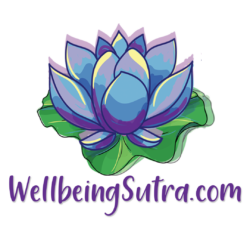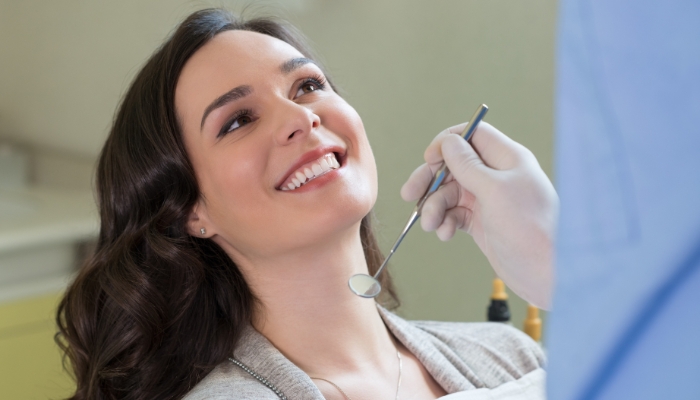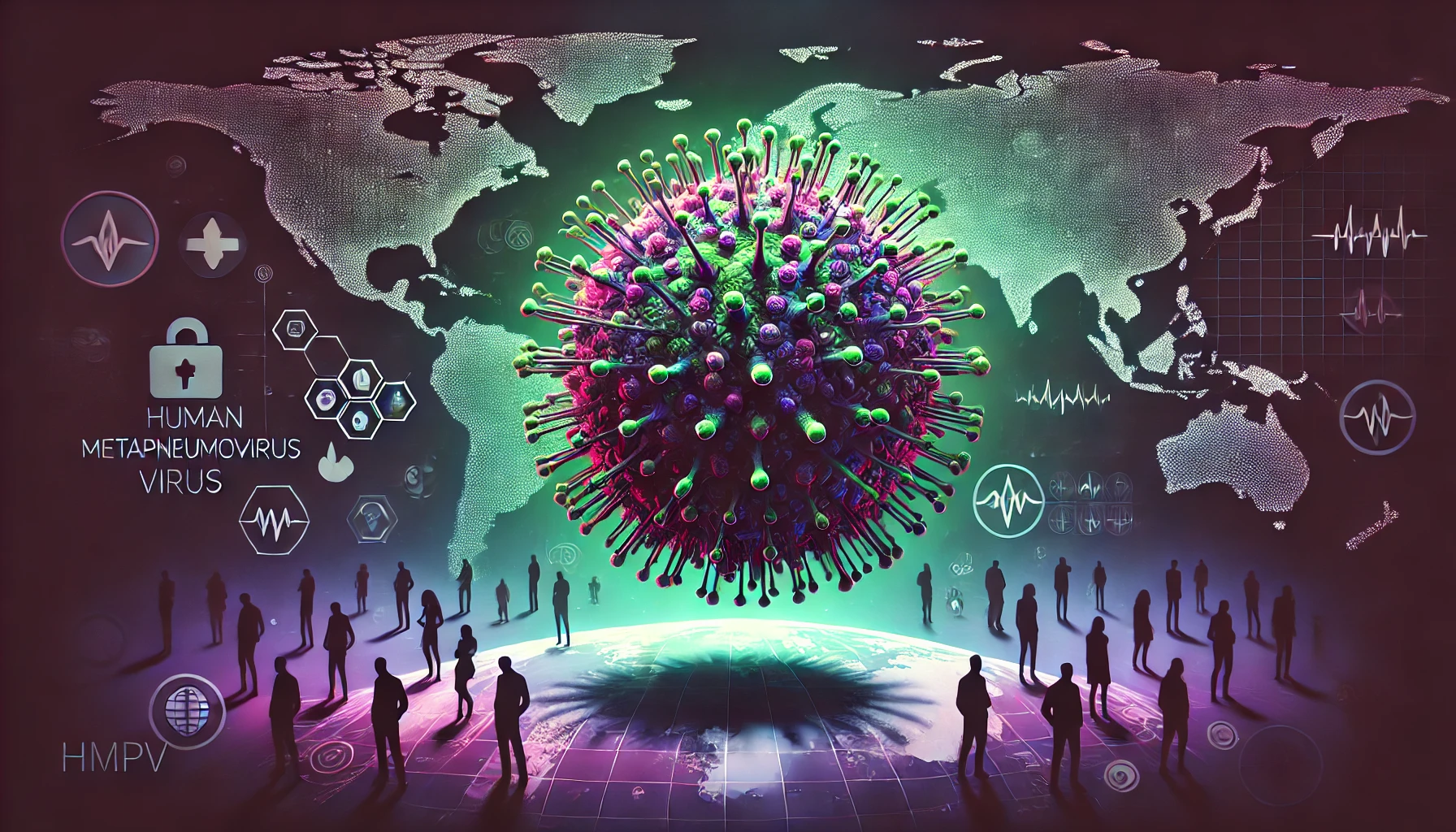“You don’t have to brush all your teeth – just the ones you want to keep.”
Our mouth is the gateway to our body. Hence maintenance of oral hygiene is essential in maintaining a healthy body.
Here are a few common questions that come to our minds when we talk about oral hygiene.
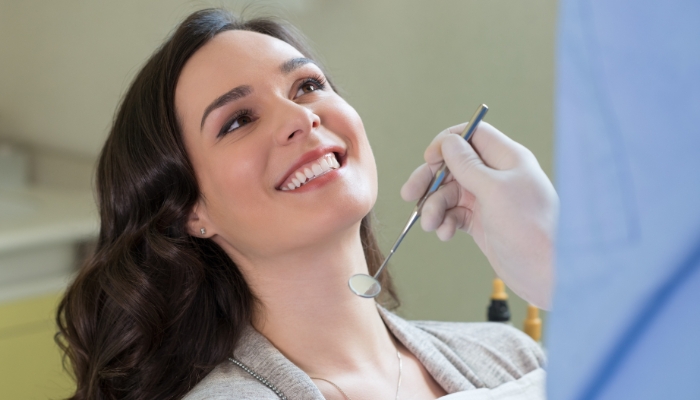
What is oral hygiene?
Oral hygiene is the practice of keeping teeth and gums in a healthy condition by regular oral care.
· How to maintain oral hygiene?
Here are some simple and hustle free ways to maintain a healthy mouth.
-
- BRUSHING
We should brush at least twice a day in a gentle circular motion.

The most important time to brush is after dinner. The main reason is that the food remains that gets accumulated after dinner, ferment throughout the night resulting in the rapid decay of teeth.
-
- Replace the toothbrush every 3 months
-
- Electric toothbrush:
Electric toothbrushes have moving or vibrating bristle heads. These are very good alternatives to mechanical brushes for children and adults with limited dexterity
-
- FLOSSING
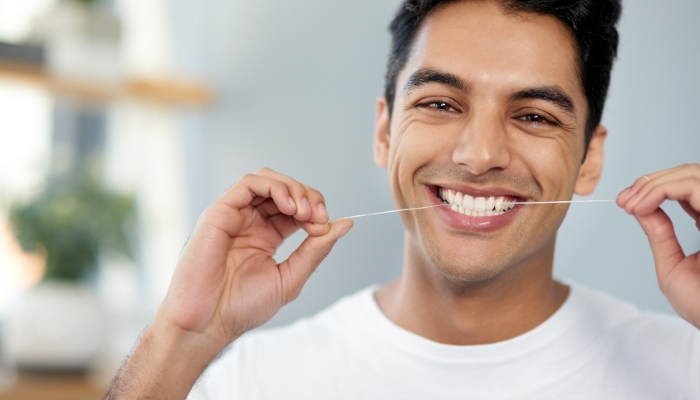
One of the major types of caries found is at the area located in between the teeth. It is caused by the accumulation of food debris in between the teeth. As these zones are otherwise difficult to clean only by brushing, flossing is highly recommended for proper oral care.
Optional: Researches show,
Professional flossing performed on school days for 1.7 years on predominantly primary teeth in children was associated with a 40% caries risk reduction.
-
- TONGUE CLEANING:
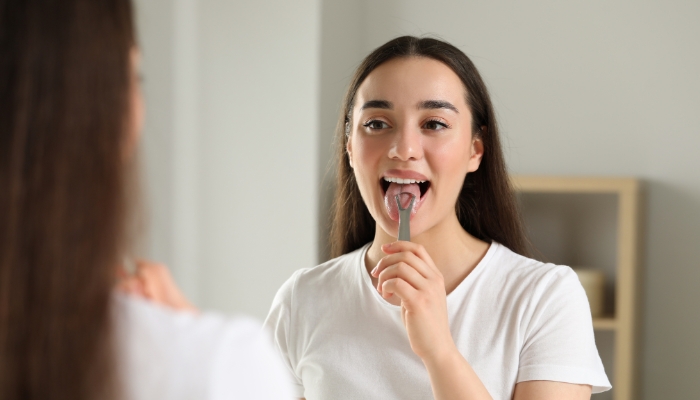
Food particles often get trapped in between the taste buds which promotes bacterial growth resulting in malodour (bad breath).
For cleaning the tongue, we can use a toothbrush although ideally tongue scrapers should be used (in repeated forward motion) as the bristles of a regular toothbrush might be too soft or difficult to reach the back of the tongue for adequate cleaning.
-
- MOUTH WASH:

Mouthwashes can help fight against bacterial build-up, bad breath, and plaque. Here are a few common types of mouthwash and their specific use.
Salt water
Saline (warm salty water) is usually recommended after procedures like dental extractions
Essential oils (EO) or cetylpyridinium chloride (CPC)
CPC containing mouthwashes are found in brands such as Colgate Plax, Crest Pro-Health, Oral B Pro-Health Rinse.
Chlorhexidine
It is an antiseptic mouth rinse that should only be used in two-week periods due to brown staining on the teeth and tongue. It is usually recommended for post-surgical use .
Sodium hypochlorite
It is common household bleach, can be used as a 0.2% solution for 30 seconds two or three times a week as a cheap and effective means of combating harmful bacteria. The solution will lose activity with time and should be discarded after one day.
-
- INTERDENTAL BRUSHES AND GUM STIMULATORS: Advanced cleaning equipment such as interdental brushes and gum stimulators usually found as rubber tip at the end of the brushes also aid in maintaining oral health
-
- REGULAR VISIT TO THE DENTIST: Visit every 3-6 months.
Taking care of our oral health is not really a time consuming or expensive process, giving 20min each day to take care of our mouth can help prevent a lot of diseases in the long run
